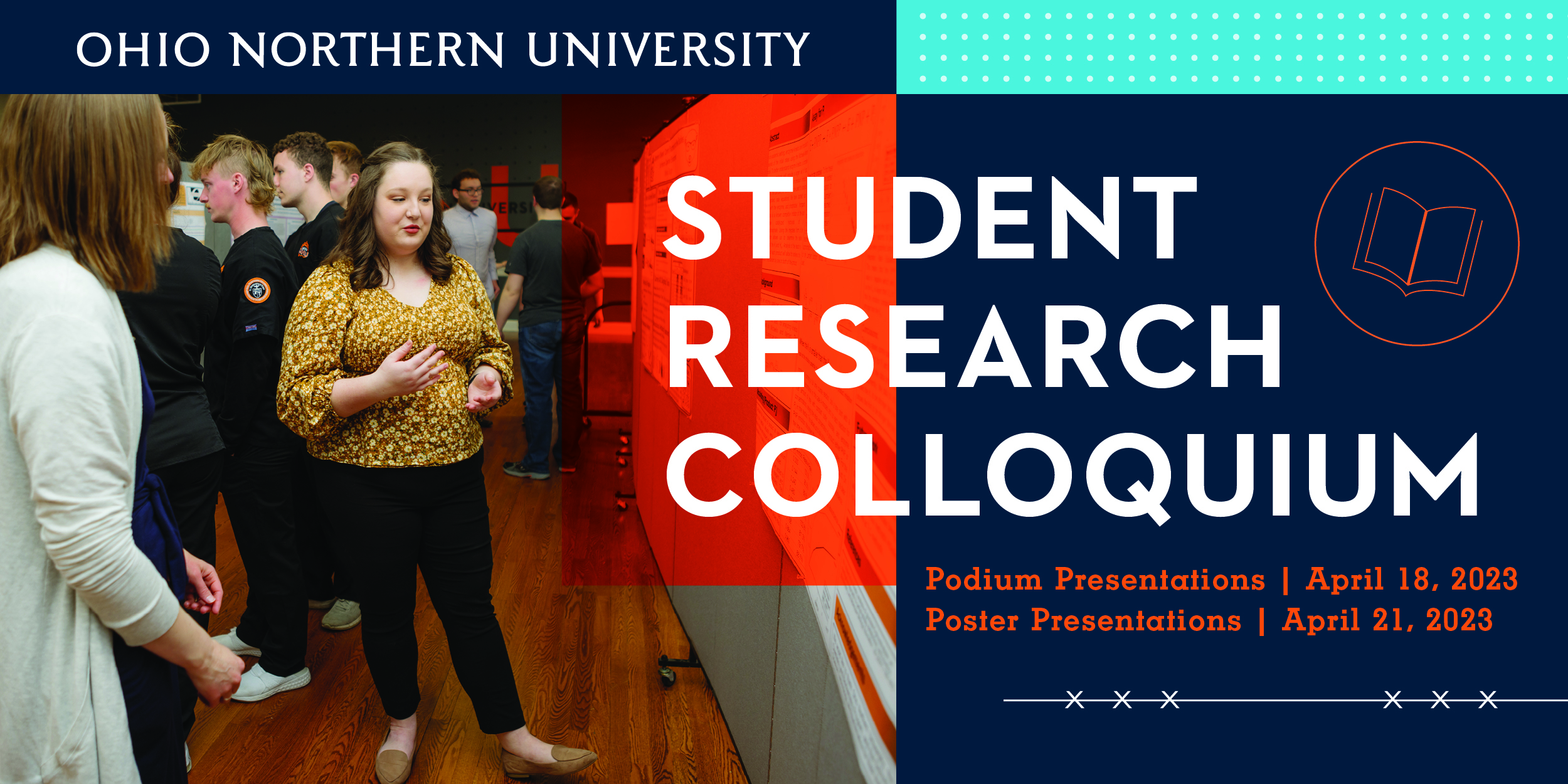What Should Parent Licensing Look Like?
Advisor(s)
Jonathan Spelman
David McClough
Confirmation
1
Document Type
Paper
Location
ONU McIntosh Center; McIntosh Activities Room
Start Date
18-4-2023 2:15 PM
End Date
18-4-2023 4:00 PM
Abstract
Hugh LaFollette famously argues in defense of parent licensing, which consists of a parenteral licensing system that requires all parents to obtain a license to raise children. The motivation behind this system is that parenting is a potentially dangerous activity and thus should be regulated (LaFollette 183). I also defend this thinking, in my paper I support LaFollette’s views, while also taking them further by stating that parenting is even more dangerous than he originally states. Furthermore, I explain that parents don’t just have a duty not to physically harm their children, but they also have a duty to give their children the goods of childhood. These goods contribute to a child having a good childhood that goes beyond not being physically harmed. Finally, I explain what a parent licensing system would look like, and how it would work. I include topics on how to test parents for a license, on income requirements, on requirements one must meet to receive financial aid, on unlicensed parents, on parents who fail the test, and so forth. I also address the question many readers might be wondering, don’t parents have a right to their children?
Recommended Citation
Miu, Megan E., "What Should Parent Licensing Look Like?" (2023). ONU Student Research Colloquium. 23.
https://digitalcommons.onu.edu/student_research_colloquium/2023/papers/23
Restricted
Available to ONU community via local IP address and ONU login.
What Should Parent Licensing Look Like?
ONU McIntosh Center; McIntosh Activities Room
Hugh LaFollette famously argues in defense of parent licensing, which consists of a parenteral licensing system that requires all parents to obtain a license to raise children. The motivation behind this system is that parenting is a potentially dangerous activity and thus should be regulated (LaFollette 183). I also defend this thinking, in my paper I support LaFollette’s views, while also taking them further by stating that parenting is even more dangerous than he originally states. Furthermore, I explain that parents don’t just have a duty not to physically harm their children, but they also have a duty to give their children the goods of childhood. These goods contribute to a child having a good childhood that goes beyond not being physically harmed. Finally, I explain what a parent licensing system would look like, and how it would work. I include topics on how to test parents for a license, on income requirements, on requirements one must meet to receive financial aid, on unlicensed parents, on parents who fail the test, and so forth. I also address the question many readers might be wondering, don’t parents have a right to their children?

